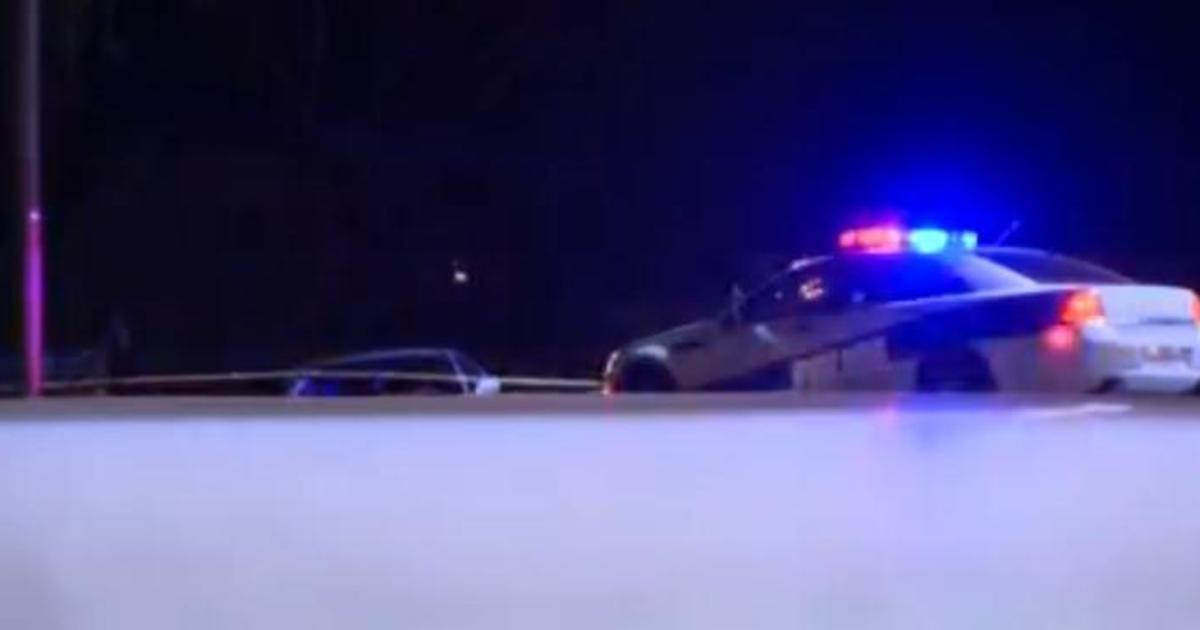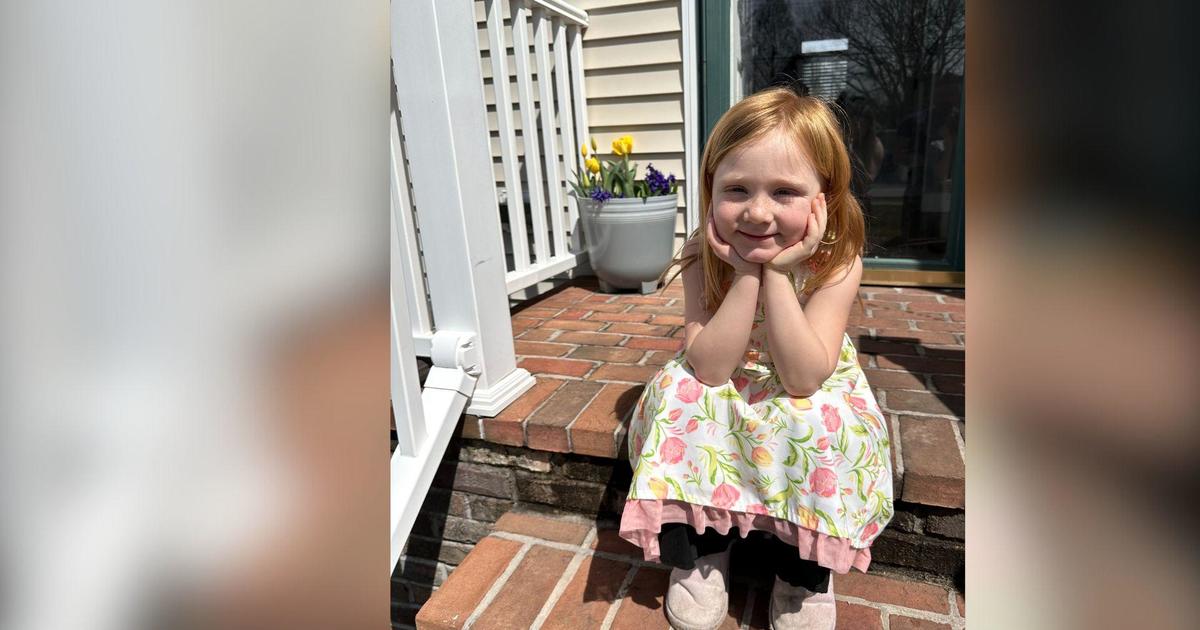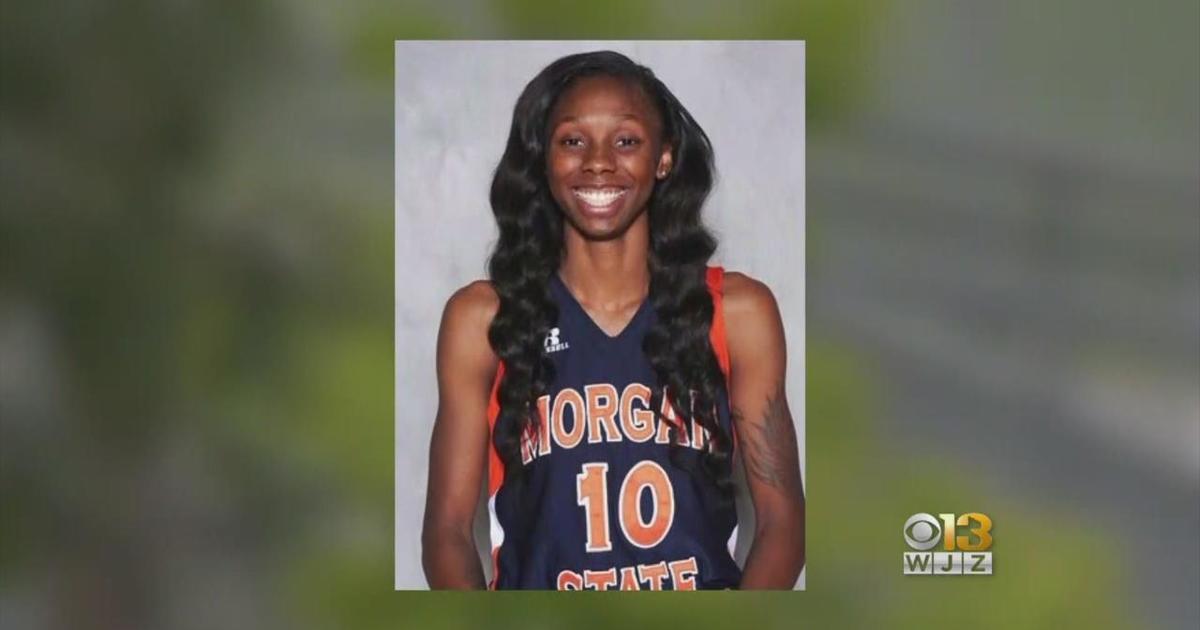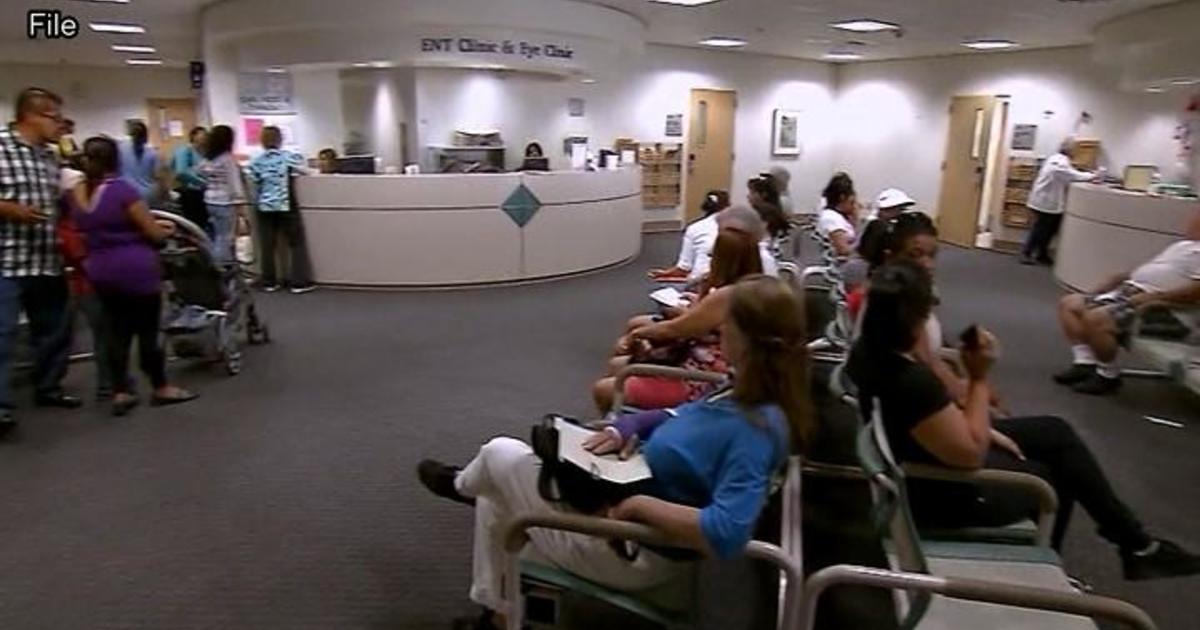Shooting Survivors Are At Risk Of Lead Poisoning As Bullet Fragments Remain Inside Their Bodies
BALTIMORE (WJZ) -- Across America and here in Maryland, gun violence is out of control.
The number of people dying from gun violence is staggering, but there is also another problem that is not getting much attention; that is, the victims of gun violence who survive and continue to carry lead in their bodies.
At 7:15 a.m., 23-year-old Seung-Hui Cho killed two people in an apartment just after dawn. More than an hour later, he entered Norris Hall on the campus of Virginia Tech, chained the door closed, and began shooting.
For minutes, he walked the halls and the classroom, randomly shooting students, teachers and staff. Colin Goddard was there.
"A few seconds later we heard this bam, bam, bam," Goddard said. "Then seconds later, bang, bang, bang. You could hear that this is something happening down the hallway, in our building. The teacher went to look in the hallway, and as soon as she opened the door, she slammed it shut and said, 'Everybody get under your desk and somebody call 911.'"
With trembling hands, Goddard dialed 911, as did others in the classroom. All the time hearing the gunshots and believing he was going to die.
"Then I felt this force above my knee that I never felt before that shook my whole body," Goddard said. "It was a sharp, kind of burning stinging feeling in my leg and that started to numb and then become this warm, wetness down my leg. It was the moment I realized I just got shot."
For nine and a half minutes, Goddard lay in his own blood, hearing the sounds of gunfire and the sounds of police trying to break into the building. Cho changed clips and kept shooting, repeatedly entering room 211, eventually shooting Goddard three more times.
"When the police got to the door, they opened it up and the first thing they said was shooter down, and that's when I realized that the last shot I heard was the one he gave himself," Goddard said.
30 innocent people died in Norris Hall that day, and two others were killed by Cho earlier that morning.
"They began triaging patients and they began yelling this person is yellow, this person is red, and then I heard black tag," "That's when I realized that people had already been killed."
To anyone who sees Goodard, he appears to be the picture of health, but a closer look inside and you see the riddled bullet fragments that cannot be removed. These seemingly tiny particles are making him sick. He has lead poisoning.
WJZ's Vic Carter: How much lead would you say is in your body right now? Have they been able to calculate how much is in there?
Goddard: It's hard to calculate because all the bullets that are in there broke up into fragments. I had four gunshots and the only one that left was the one that came in and out of my shoulder. So a bullet above my knee and two full bullets in my hips.
The Centers for Disease Control has been studying lead toxicity in shooting victims. They discovered people had elevated lead levels years after having been shot.
"There are over 100,000 gunshot wounds every year in the U.S., and 70 percent of them are non-fatal," James Leonard, a doctor at the University of Maryland School of Pharmacy said. "Most of them leave bullet fragments in the body. The reason why is because the body will encapsulate the bullet and it doesn't absorb the lead. It creates sort of a fiber shell. So you're going to cause a lot more destruction by going in and trying to remove the bullet."
If the bullet fragments move or are near the bone, they can leak lead, and those patients are subject to having gastrointestinal problems- fatigue, loss of appetite, hyperactivity, irritability and memory loss.
There is no consensus for the treatment.
One option for Goddard is Chelation Therapy which involves taking massive doses of medication.
"The regiment for the pills is not light, it's like 30 pills a day with every meal," Goddard said. Some doctors say you have to take these pills every single day for the rest of your life. Some say you don't need to take any. There is nothing else you can really do."
According to Goddard, as long as there are shootings, there will be victims who stand the risk of long-time lead poisoning.
"Right now there are people who are living their lives who are being traumatized again after surviving something horrific and they don't know what to do about it," Goddard said.
WJZ reached out to emergency room doctors with Johns Hopkins and Shock Trauma to talk about this issue. They declined the request for an interview.
What WJZ has been told is that this is common practice with no easy answer, except for reducing gun violence.



